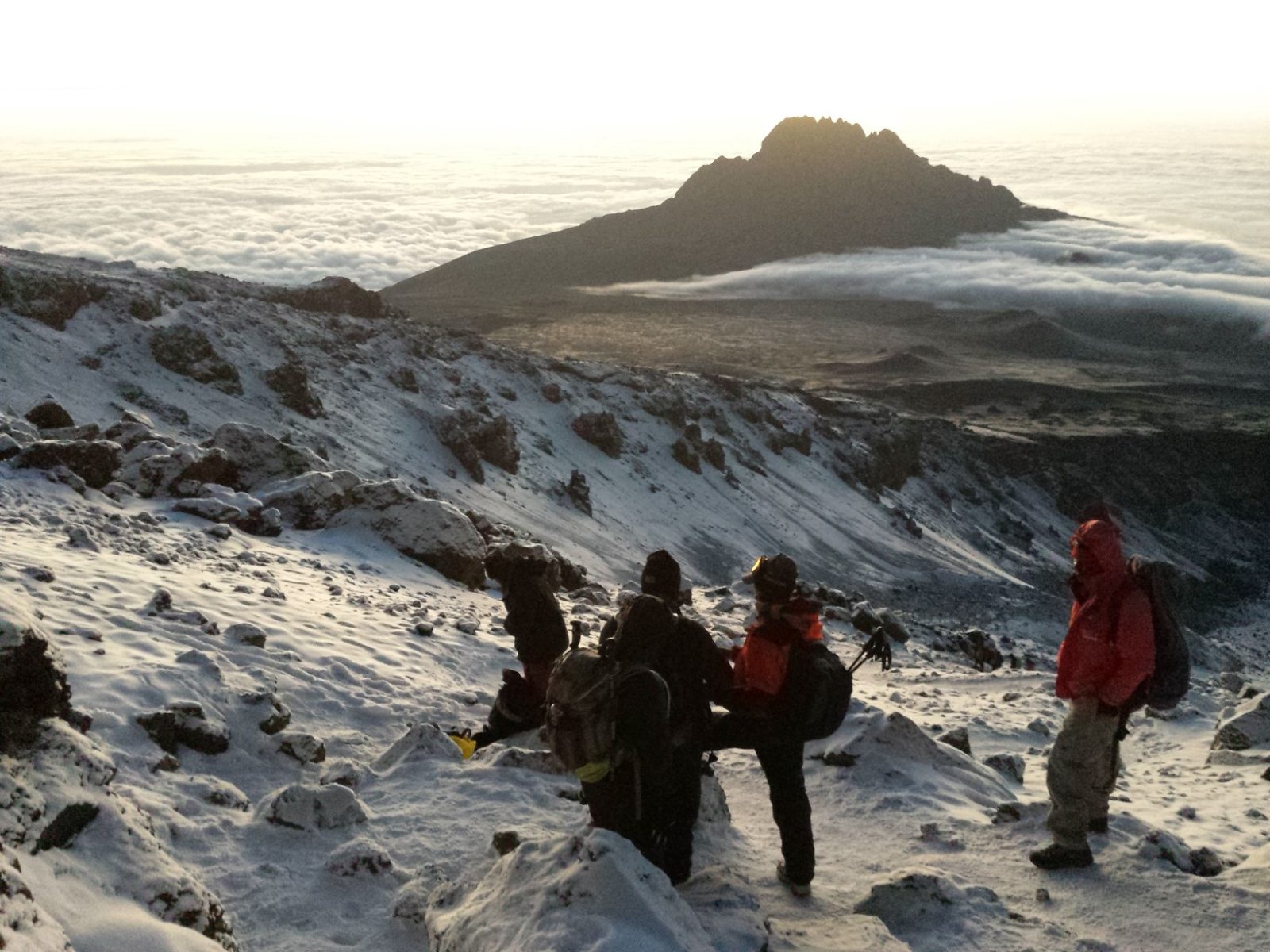
Training for Kilimanjaro
TRAINING FOR KILIMANJARO AND MOUNT MERU
This is a trek to climb Kilimanjaro with no technical requirements, but it does offer a mountain experience which includes camping and being outdoors all the time. You will need to be able to walk five to six hours a day for a week straight. Any regular hill walker will find climbing Kilimanjaro within his or her capabilities, but also remember that you will be sleeping and eating on the mountain too. The cumulative effect will be tiring and you should mentally prepare for a week of sleeping in a tent and living outdoors. Trip preparation will be important, so best not to leave things until the last minute, we recommend a few months of moderate training prior to departure. Hill walk as much as possible with a pack of about seven kilos.
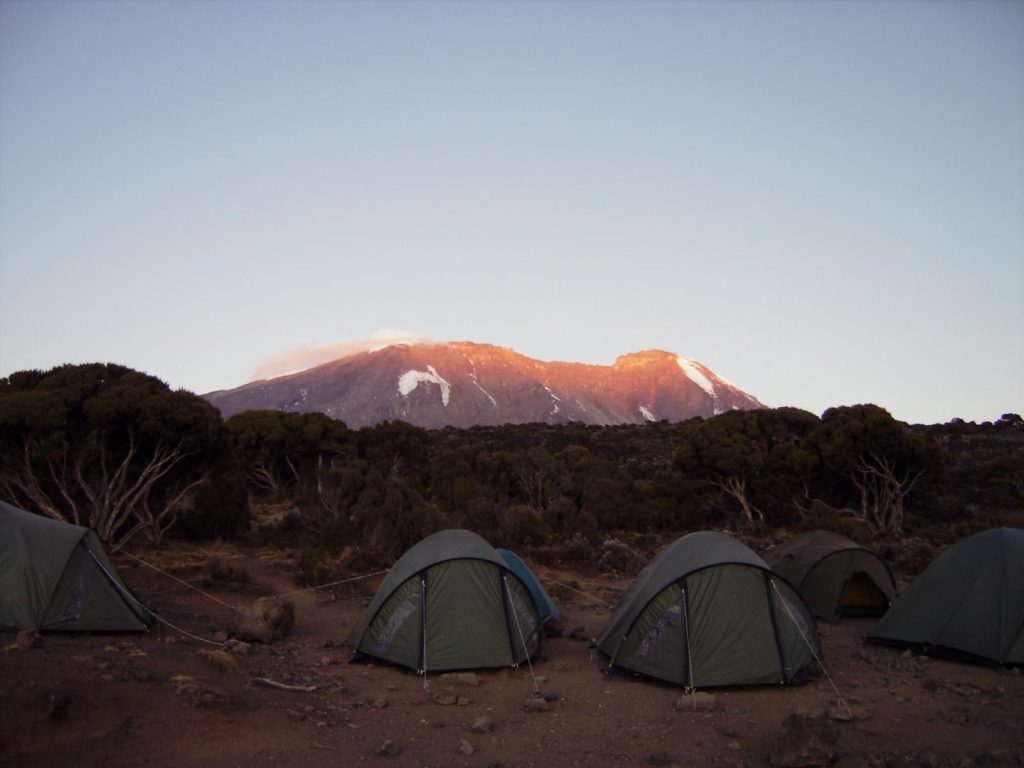
A training programme should include regular hill walking with a small pack of around 10 kgs, or regular visits to the gym for the final two months before departure. Work on strengthening calf and thigh muscles and exercise your cardio-vascular stamina on a step machine or cross trainer, but remember this is a holiday and not a forced march! Don’t approach it as if you are training for a marathon, and remember it can be dangerous to over train.
Whether you climb via the Kilimanjaro Machame route, the Mount Kilimanjaro Lemosho route, Mount Kilimanjaro Rongai route or the Mount Kilimanjaro Northern Circuit route – all have similar fitness requirements.
The secret of climbing Mt Kilimanjaro is to go slowly and enjoy the scenery, drink well, eat well and sleep well. A regular, consistent and slow pace will ensure the proper acclimatisation. Statistically, the biggest proportion of failure occurs with young, fit males who go too fast and ignore the simple rules. It’s not a race or a competition!
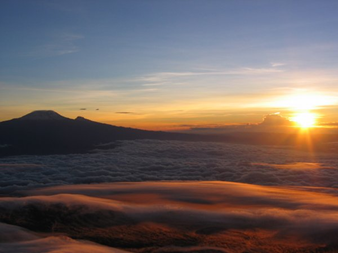
Operate on the principle that if you look after yourself well during the first five days, then the sixth ‘summit day’ will be a big challenge but not dangerous. We cannot condone the people who push themselves beyond the bounds of safety and wear the badge of hardship as a medal of honour. We want people to be clear-headed on the summit, with the strength to come all the way back down again! Drink lots of liquid, eat every meal and go slowly all the way – this is the mantra that my staff will say to you over and over again.
When people climb Kilimanjaro many worries are borne of ignorance, but with knowledge comes calm, and with that calm comes the ability to prepare mentally and to prevent unnecessary stress. Therefore the more you read about the mountain, about altitude sickness and about self-preservation on expeditions, the better prepared you will be. We have booklets on high altitude trekking which we can send to you.
Book Your Adventure of a Lifetime Now
Discover our trips to other Countries
Adventure Alternative Articles
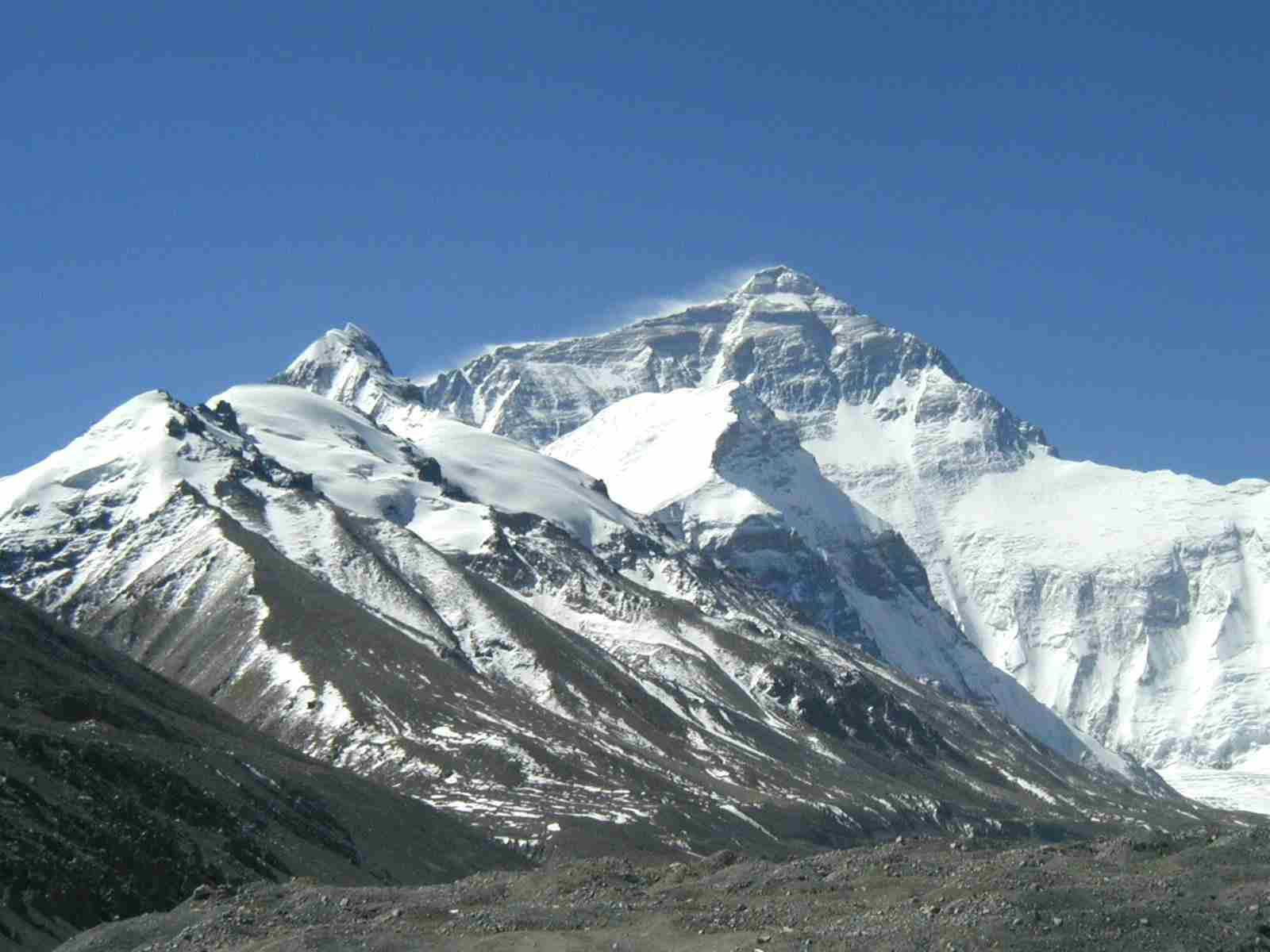
12 MONTHS, 12 MOUNTAINS
Climbing Calendar Ready for World Mountain Day In celebration of World Mountain Day, we've created a calendar for the year to make it easy for...
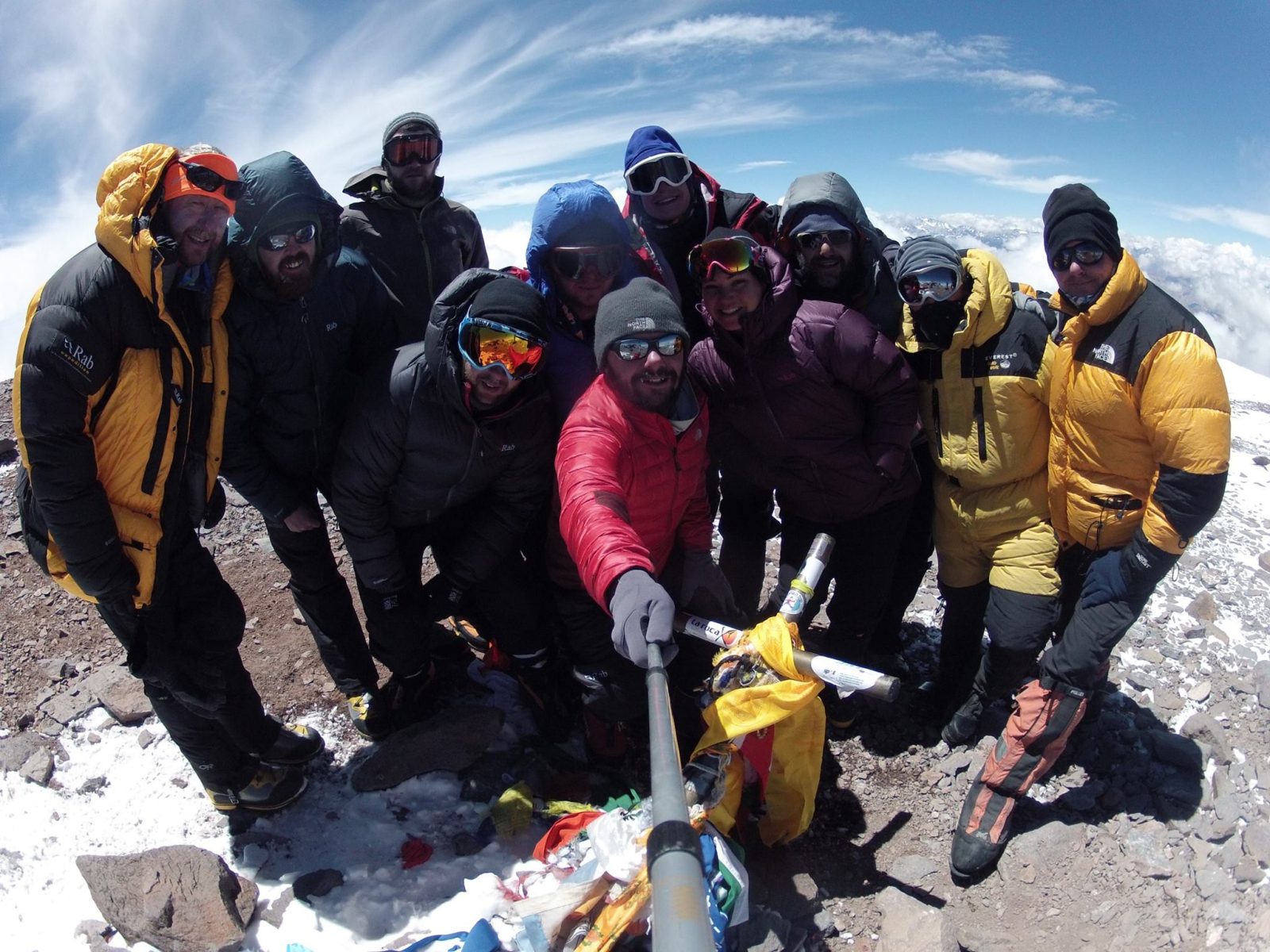
Mount Aconcagua Trip Review
January 2016 This year we had a team of twelve clients from four different countries – Iran, Ireland, England, South Africa and Argentina –...
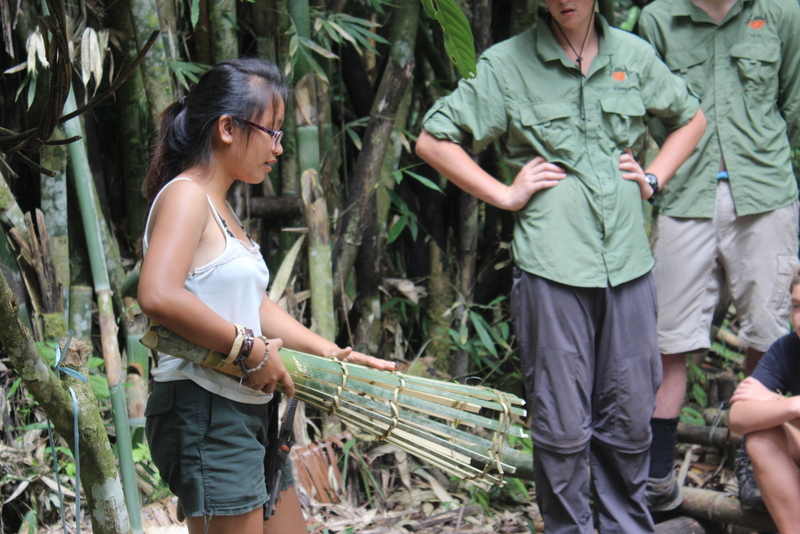
Alcey’s Survival Skills Course at Lupa Masa Jungle Camp
SURVIVAL SKILLS COURSE AT LUPA MASA JUNGLE CAMP | ADVENTURE ALTERNATIVE In celebration of International Rural Women’s Day, we’re talking...